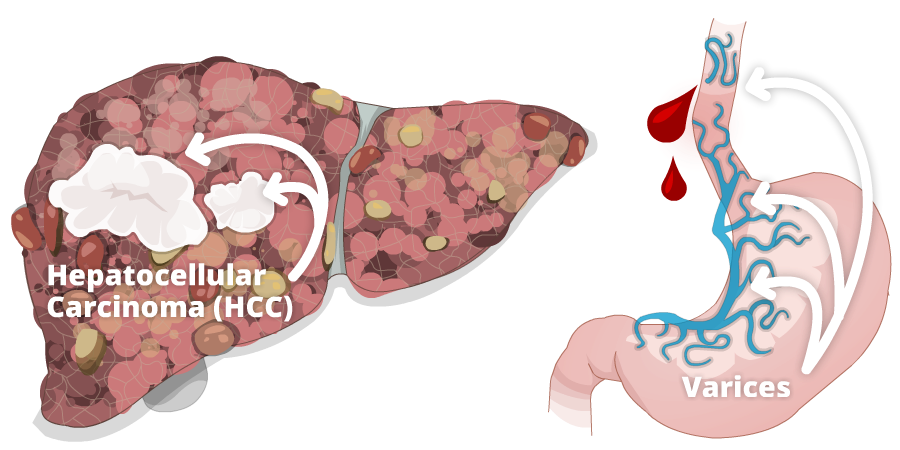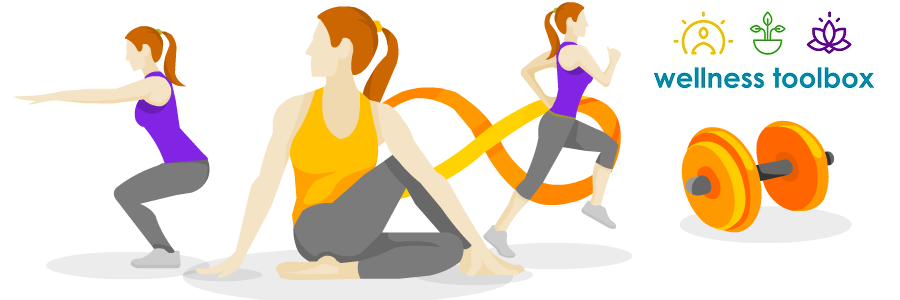Your Role
It’s important that you learn everything you can about your disease, so you can do the best job of caring for yourself. Some of the things you can do are:
- Learn about the common complications of cirrhosis so you know what to watch for, especially what symptoms mean you should go to the emergency department. You can find more information here.
- Avoid alcohol. Even if your cirrhosis was not caused by alcohol, everyone with cirrhosis should avoid alcohol.
- Learn about the medications you are taking.
- Understand which medications and supplements you should avoid (like ibuprofen), and which are usually safe to take. (like acetaminophen up to 2000mg per day). You can find more information here.
- Keep regular appointments with your family doctor and liver specialist.
- Keep up with your blood tests and any other tests your healthcare team recommends.
- Ensure your immunizations are up to date.
- Share what you learn about cirrhosis with your close friends and family. You’ll need their support as you learn how to manage this disease.
Screening for Complications
Screening means looking for a condition in people that are at higher risk of developing it. The goal of screening is to find a condition in an early stage. This can help improve response to treatment, or prevent worse complications from happening. In people with cirrhosis, screening can be recommended for:
- Liver Cancer: is a type of cancer that starts in the liver, called Hepatocellular Carcinoma (HCC). Having cirrhosis is the main risk factor for getting HCC. There are usually no symptoms in the early stage, so screening can be very useful. Screening is usually done with an ultrasound every 6 months. Sometimes a special tumor marker blood test called AFP might also be recommended every 6 months. If the ultrasound pictures are not clear enough or there are any concerning spots found, your healthcare team might order another type of scan that uses contrast dye, like CT or MRI.
- Varices: are enlarged veins, usually in the esophagus (food pipe). Over time varices can get bigger and burst open, causing life-threatening bleeding. Finding varices early can be really useful because you can receive treatment to prevent bleeding before it happens. Screening for varices involves having an upper endoscopy (gastroscopy) procedure where your doctor inserts a camera through your mouth, down your esophagus and into your stomach to look for enlarged veins.
The decision to do screening for liver cancer or varices is guided by your risk of developing the condition and whether or not you would tolerate treatment if the condition was found. Talk with your healthcare team to decide if screening is recommended for you.

Diet
To stay active and manage your weight, you’ll need to be careful about how and what you eat.
Eat the right amount of protein and calories and lower the amount of salt you eat. This is really important if you hold on to extra fluid (called fluid retention). Salt can make the swelling in your belly and legs worse. Not getting enough protein can cause you to lose more muscle, so you should try to eat protein at every meal and snack.
Eat often and in small amounts, about every 3 to 4 hours while you’re awake. Having a snack before bed and eating breakfast as soon as you wake up can also help you stay strong. You can drink as much water as you want, unless your doctor tells you how much they want you to drink.
For more detailed information on nutrition, click here.
Activity Level
Having cirrhosis can affect your balance and make it harder for you to move around, be physically active, and spend time with others. But it’s important to try doing these things, even though they’re hard. Most people with cirrhosis can and should exercise regularly.
Check with your doctor to make sure it’s safe for you to exercise, then plan an activity program. It’ll help you build muscle, have more energy, and can even help your mood.
Your activity program can be as simple as walking 10 to 20 minutes. You can start by walking a few days a week and build up to walking every day.
You can also add some resistance and balance exercises a few days each week to help keep your strength. Resistance exercises are those that use weights, elastic bands, or your own body weight.
To learn more detailed information about exercise, click here.
References:
The information on this page was adapted (with permission) from the references below, by the Cirrhosis Care Alberta project team (physicians, nurse practitioners, registered nurses, registered dietitians, physiotherapists, pharmacists, and patient advisors).
This information is not intended to replace advice from your healthcare team. They know your medical situation best. Always follow your healthcare team’s advice.
References:


